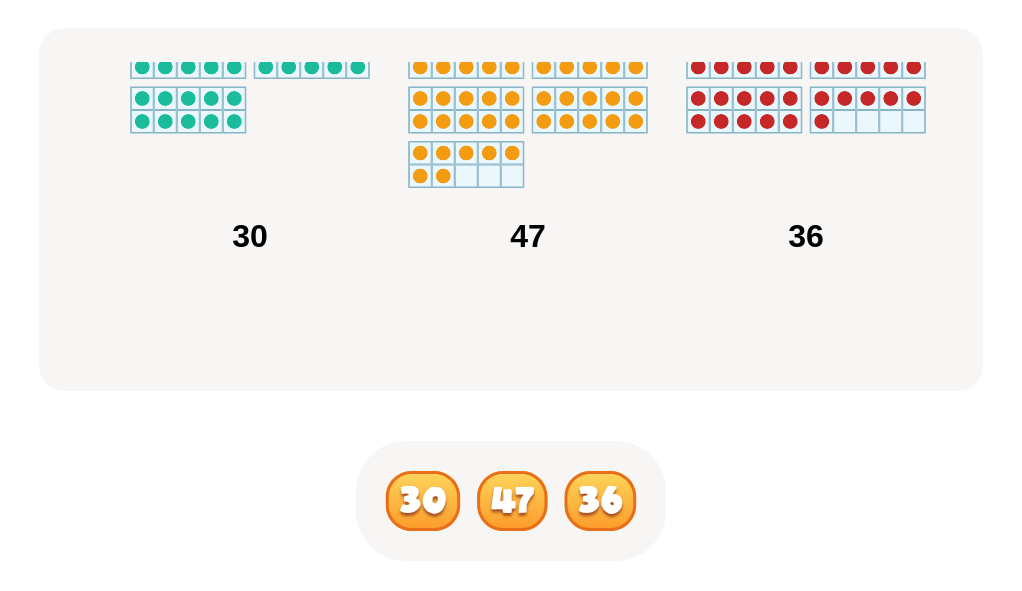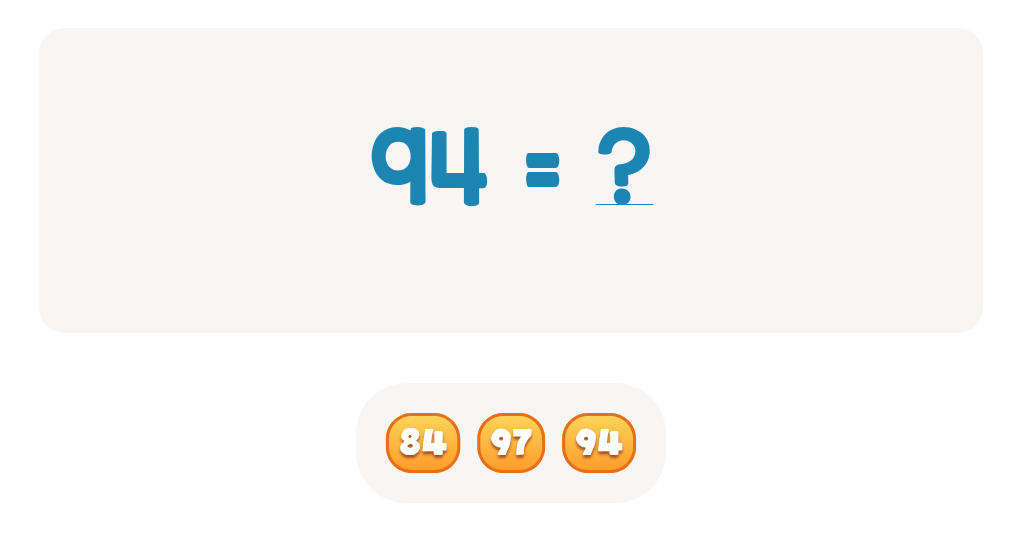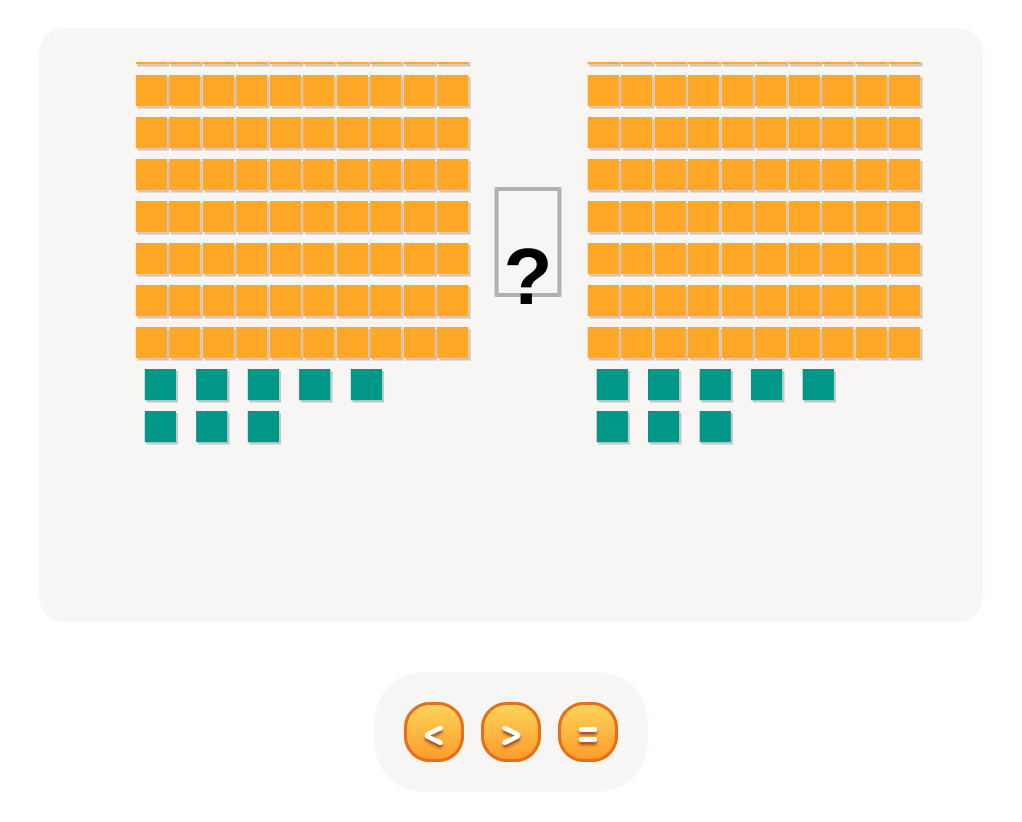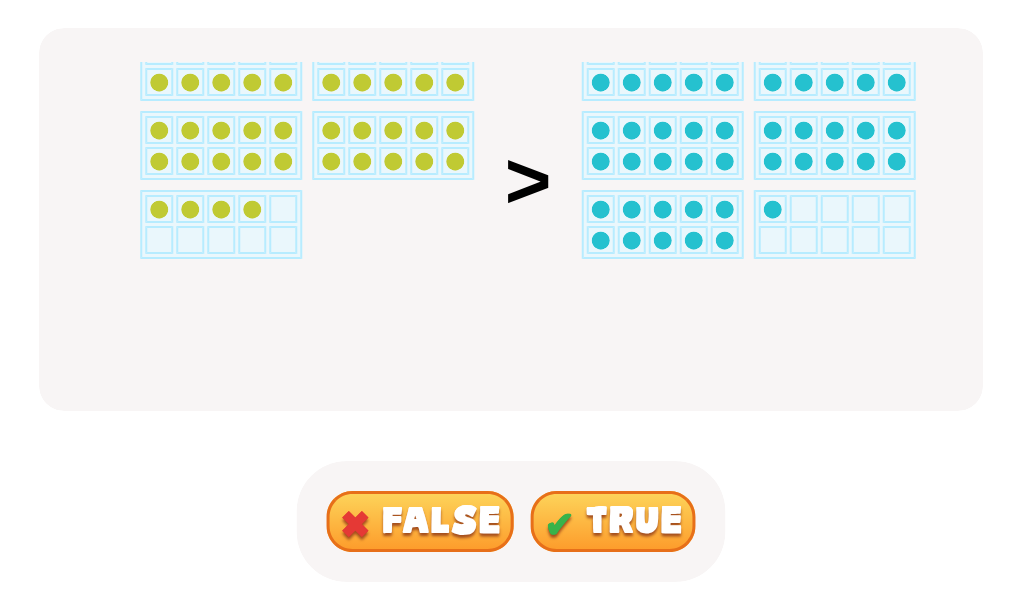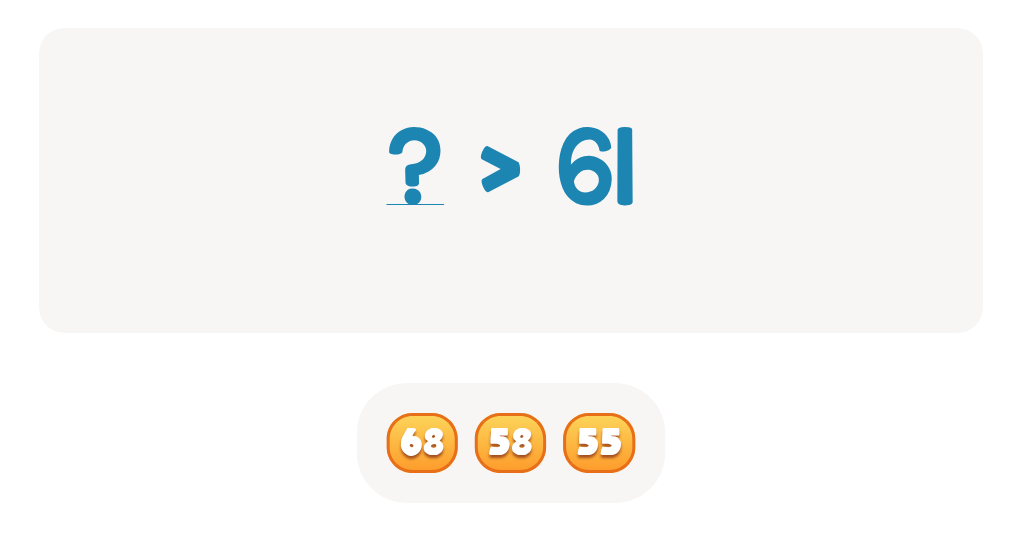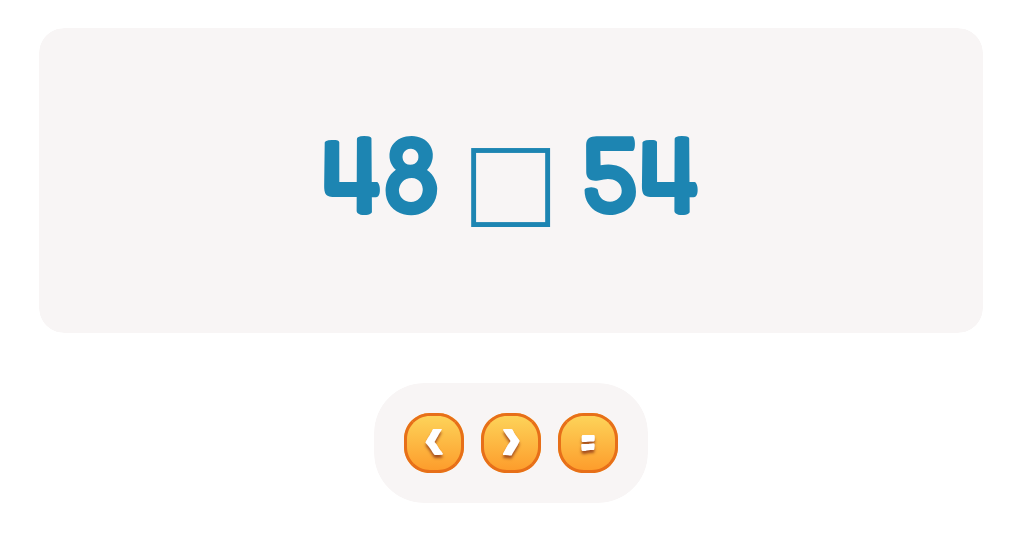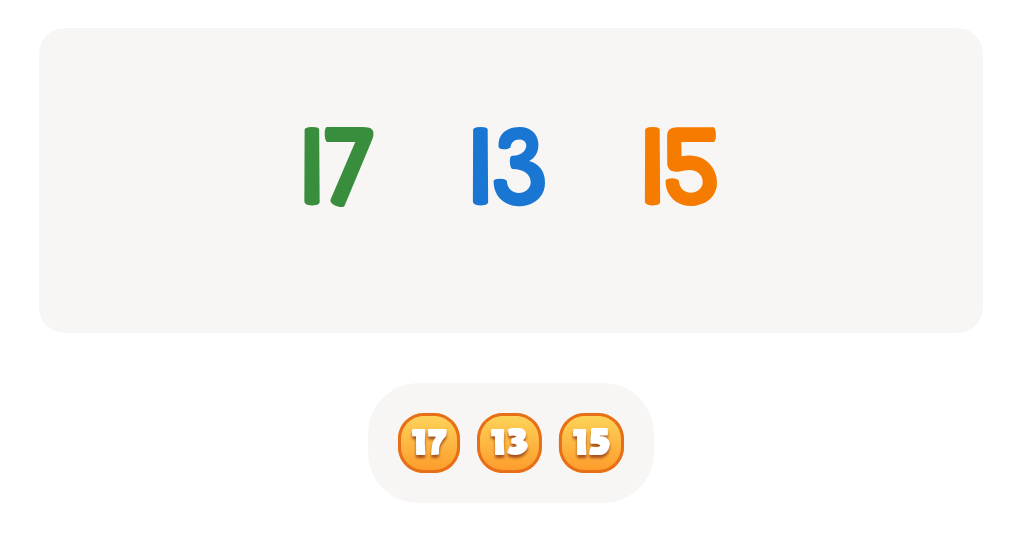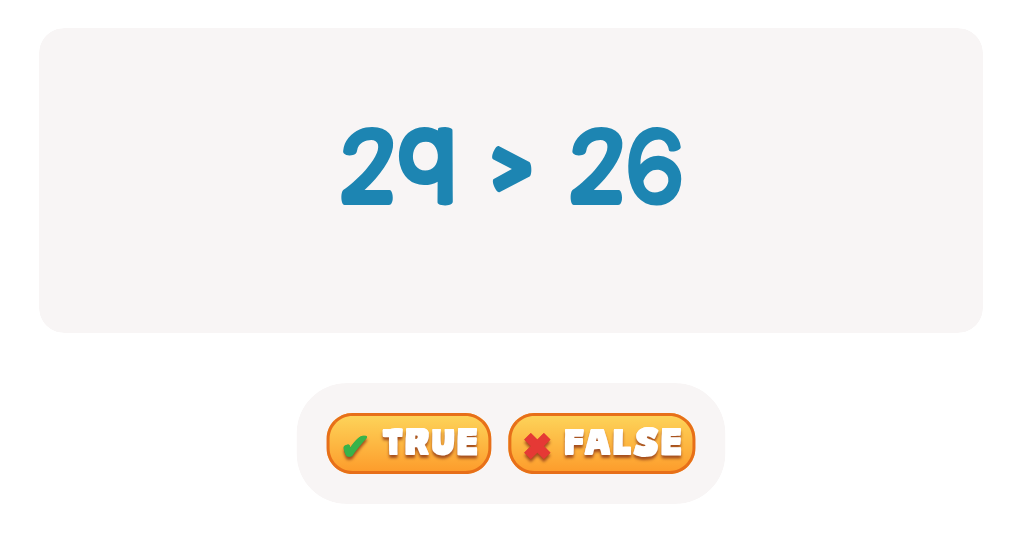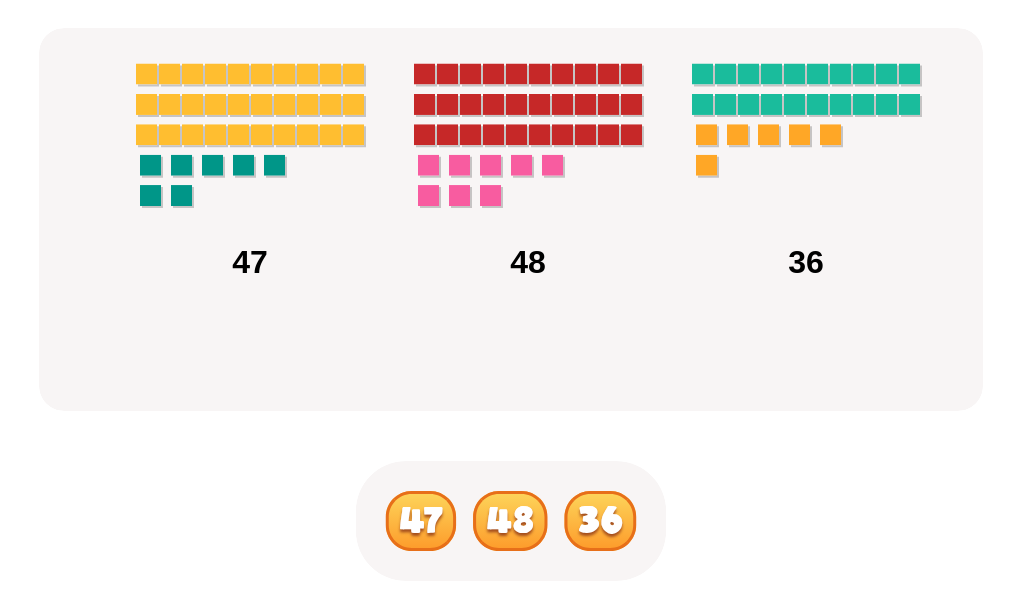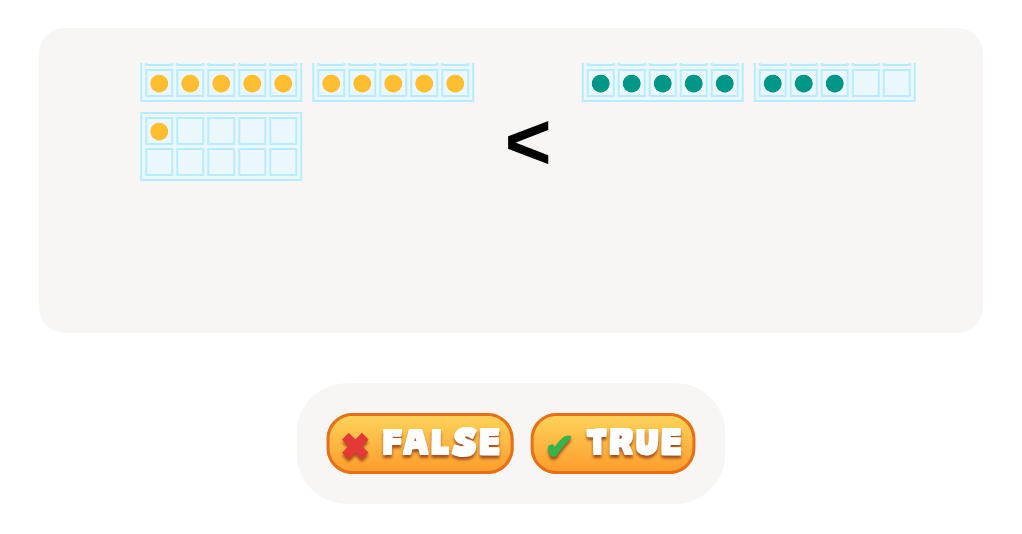Problem-Solving Skills Comparing Numbers Worksheets for Ages 5-9
6 filtered results
-
From - To
Boost your child's critical thinking with our "Problem-Solving Skills Comparing Numbers Worksheets" tailored for kids aged 5-9! These engaging worksheets blend fun and education, helping young learners develop essential math skills. Through hands-on activities, children practice comparing numbers while enhancing their problem-solving abilities. Ideal for classroom or at-home learning, our worksheets come with colorful visuals and interactive exercises. Perfectly designed to lay a strong math foundation, they inspire confidence and curiosity in young minds. Step into a world where learning is playful and effective, and watch as your child’s mathematical abilities soar!
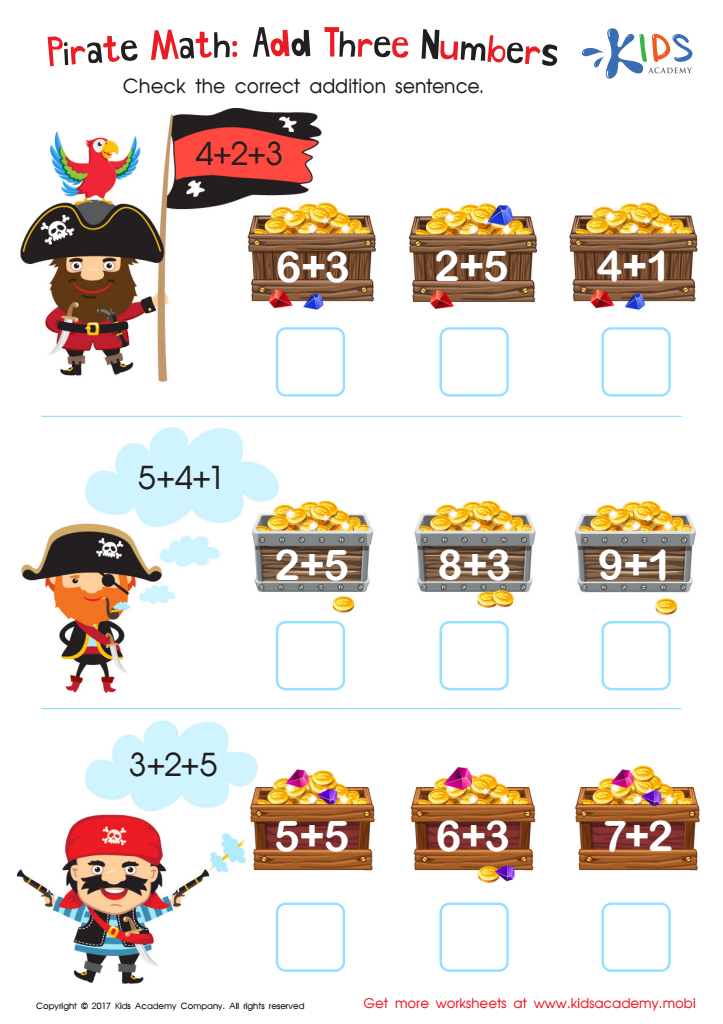

Pirate Math Printable
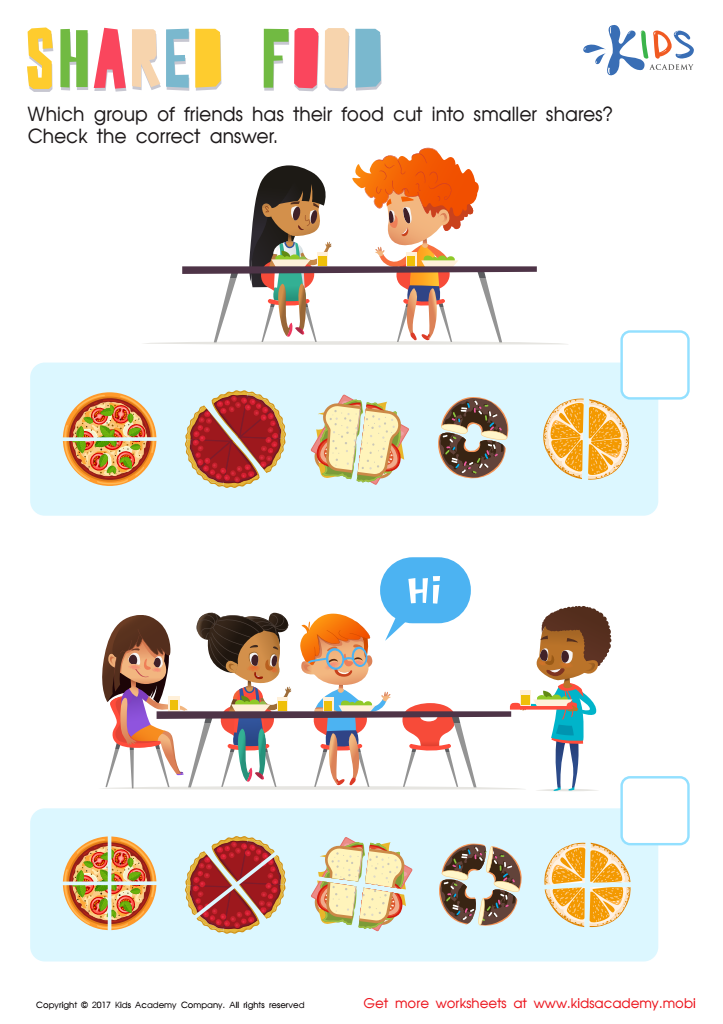

Shared Food Worksheet
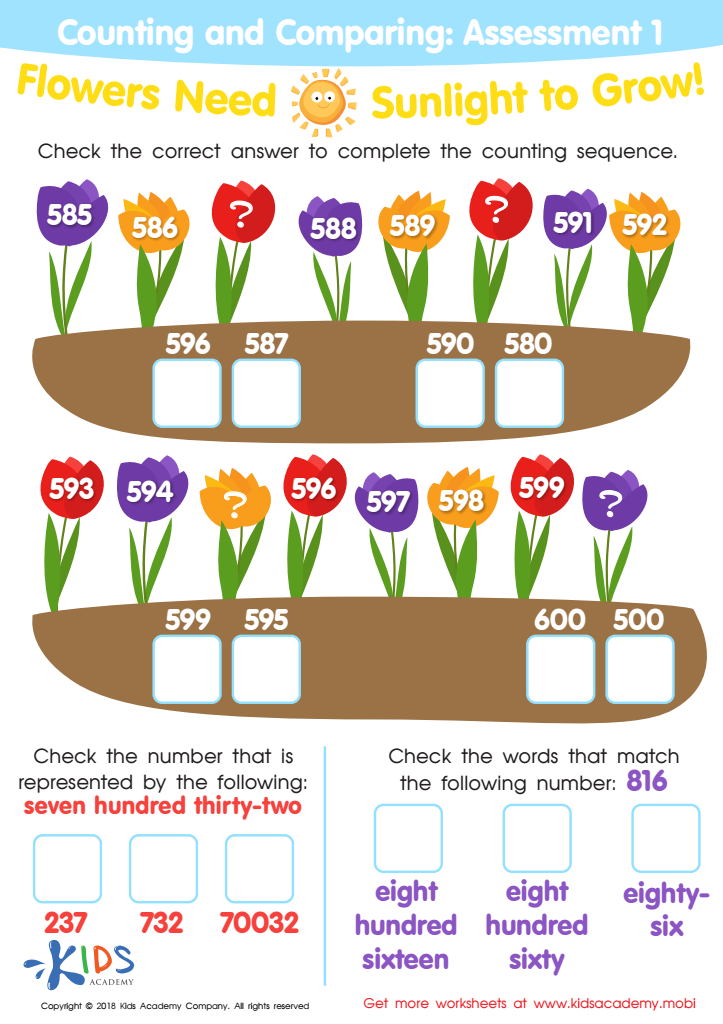

Counting and Comparing: Assessment 1 Worksheet
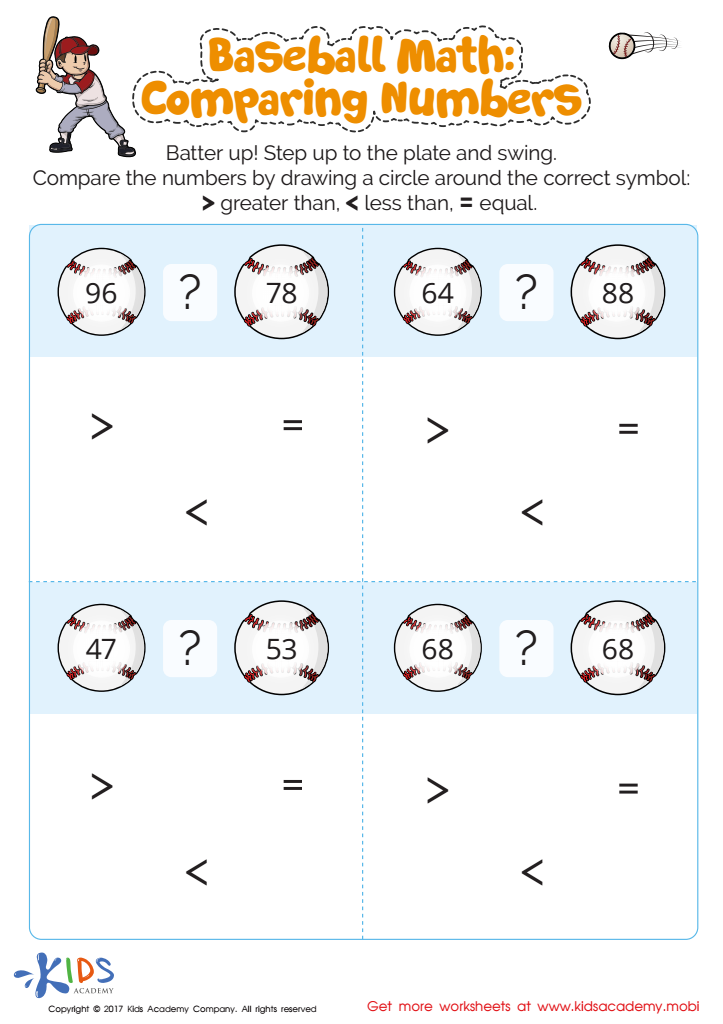

Compare Numbers Printable
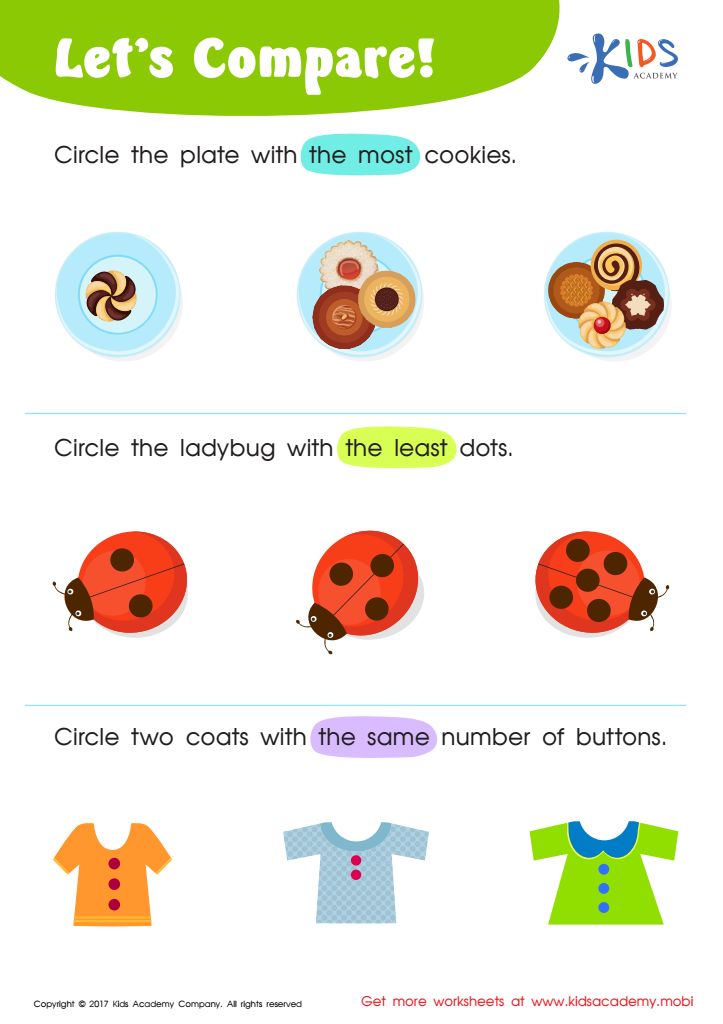

Matching: Classifying Toys by Size Worksheet
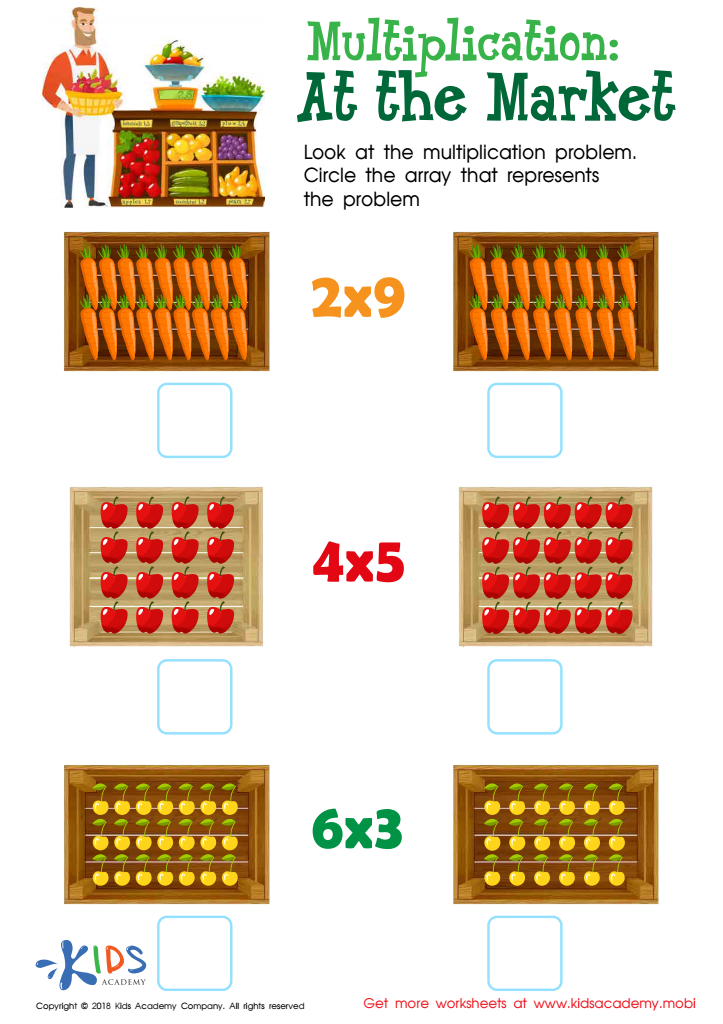

At the Market Worksheet
Problem-solving skills in the context of comparing numbers are essential for children aged 5-9 as they form the foundation for future mathematical and critical thinking abilities. At this stage, children are developing their ability to understand and manipulate numerical concepts, which are crucial for everyday tasks and advanced mathematical learning.
When children engage in activities that involve comparing numbers, they learn to identify patterns, make decisions based on numerical data, and develop logical reasoning. These skills are not only fundamental for mathematics but also for a variety of real-life situations, such as measuring ingredients for a recipe or determining the better deal when shopping.
Moreover, problem-solving activities enhance cognitive development by challenging children to think critically and analytically. This type of thinking encourages persistence and resilience, which are valuable life skills. It also promotes confidence as children begin to see themselves as capable problem solvers.
Parents and teachers should care because these foundational skills greatly influence a child’s academic success and their overall intellectual development. Encouraging problem-solving through comparing numbers can provide children with a solid base for future education, explaining complex concepts more manageable and fostering a lifelong love for learning. In essence, nurturing these abilities equips children with essential tools for thriving in various aspects of life.
 Assign to My Students
Assign to My Students
